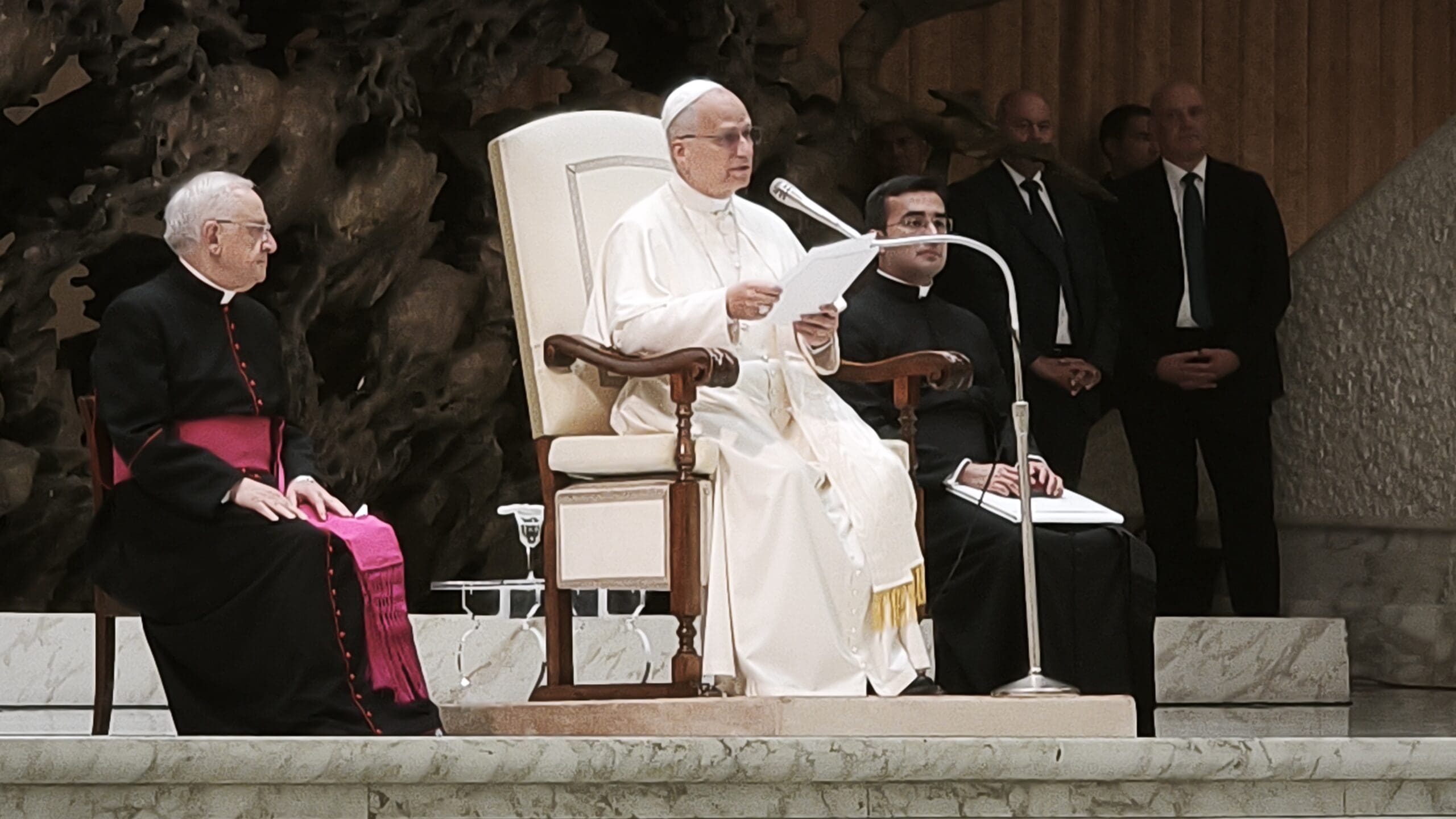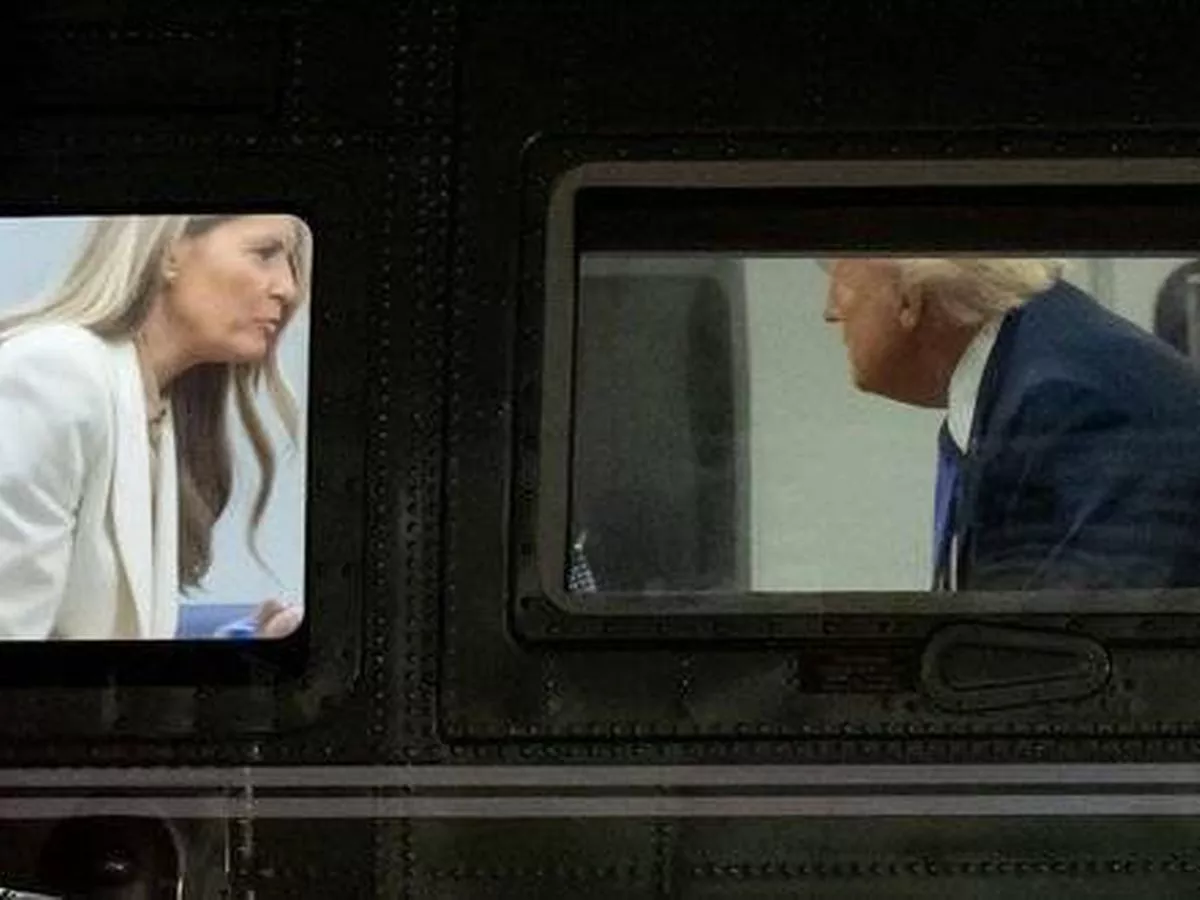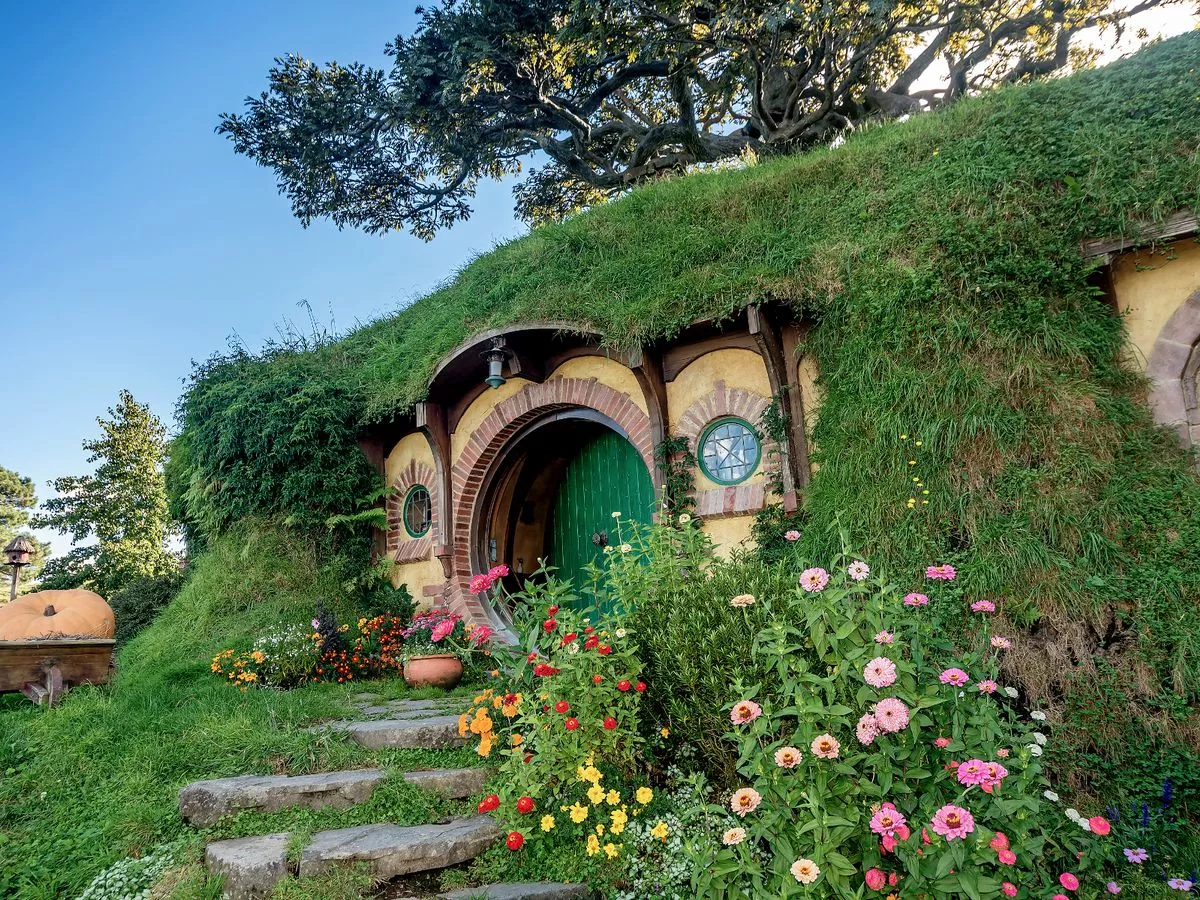Copyright europeantimes

Vatican City — 28 October 2025. At the 60th anniversary of the landmark Second Vatican Council declaration Nostra Aetate, Pope Leo XIV reaffirmed that the message of interreligious dialogue, respect, and shared hope is “as urgent as ever.” Presiding over the celebration “Walking Together in Hope” at the Paul VI Hall, the Pontiff called dialogue a “way of life” rooted in conviction and love — not compromise — and urged faith leaders to help humanity overcome prejudice, greed, and despair. A seed that became a mighty tree “Sixty years ago,” the Pope said, “a seed of hope for interreligious dialogue was planted.” That seed, he added, has grown into “a mighty tree … offering shelter and bearing the rich fruits of understanding, friendship, cooperation and peace.” Representatives of world religions, diplomats, and Vatican officials joined the commemoration, celebrating six decades of the Church’s outreach to other faiths. Dialogue as a journey of the heart Pope Leo emphasised that Nostra Aetate “opened our eyes to a simple yet profound principle: dialogue is not a tactic or a tool, but a way of life — a journey of the heart that transforms everyone involved.” He insisted that authentic dialogue “begins not in compromise but in conviction,” allowing believers to remain faithful while extending genuine love toward others. Referring to the forthcoming Jubilee of Hope, he noted that hope and pilgrimage are “realities common to all religious traditions.” The Declaration, he said, continues to invite believers “to walk together in hope — a sacred task for all humanity, to keep hope alive, to keep dialogue alive, and to keep love alive in the heart of the world.” Martyrs for dialogue and builders of peace Opening his address, the Pope remembered those of all beliefs who worked to bring Nostra Aetate to life, even at the cost of their lives — “martyrs for dialogue,” he called them — who stood courageously against violence and hatred. “We are where we are today because of their courage, their sweat, and their sacrifice.” A declaration that transformed the Church Adopted on 28 October 1965, Nostra Aetate (“In our time”) transformed the Catholic Church’s relationship with non-Christian religions. It recognised that all peoples share one human family, that each faith seeks answers to “the restlessness of the human heart,” and that the Church “rejects nothing that is true and holy” in them. Pope Leo recalled its origins in a desire to redefine relations with Judaism — a vision realised in the Declaration’s fourth chapter, which he called “the heart and generative core of the entire text.” The document concludes that believers cannot invoke God while refusing to treat others as brothers and sisters created in the divine image. A shared responsibility for humanity’s future The Pontiff urged religious leaders to embrace their “sacred responsibility” to help communities rise above egoism, prejudice, and greed that destroy both the human spirit and the earth. “In this way,” he said, “we can lead our people to become prophets of our time — voices that denounce violence and injustice, heal division, and proclaim peace.” Quoting Pope John Paul II’s words from Assisi 1986 — “If the world is going to continue … it cannot do without prayer” — Pope Leo invited the assembly to pause for silent reflection: “May peace come down upon us and fill our hearts.” Continuing the journey of understanding Sixty years after its promulgation, Nostra Aetate endures not as a historical document but as a living roadmap for coexistence. Its call to respect, listen, and walk together in hope continues to guide believers in a world often divided by misunderstanding. More on this topic: Nostra Aetate at 60: Vatican Conference Looks to the Future of Interfaith Dialogue You can read the full text of Nostra aetate on the Vatican website.



